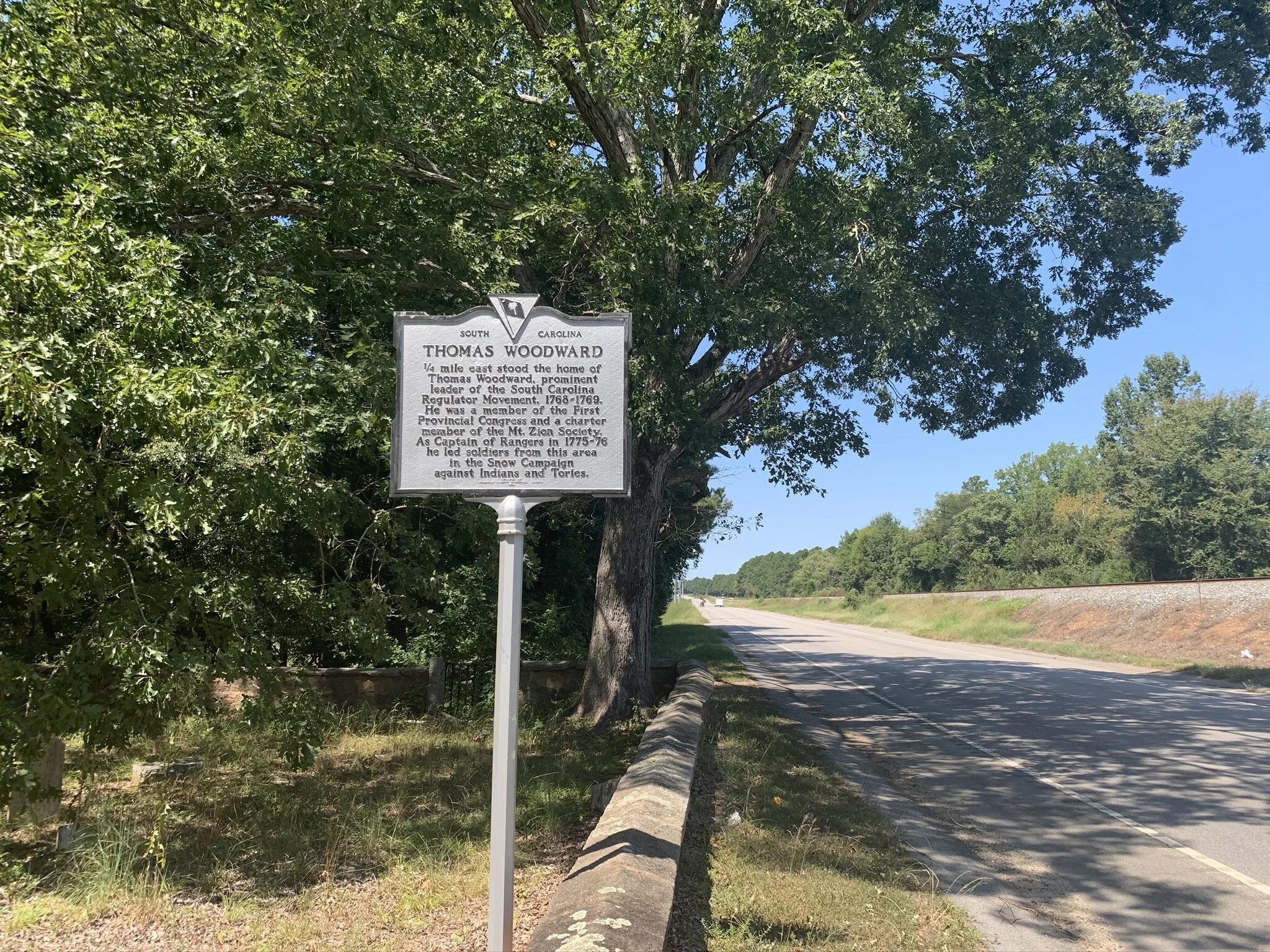Communicating Well
Hello…
So I listen to quite a few podcasts, and lately I’ve been doing a lot of work to catch up on my backlog. And a bit earlier, I was listening to one of them, and this came up as a topic of conversation:
For the record, that’s an article appearing in the New York Times. They quote him as saying:
“I just saw a nice piece in The Lancet arguing that the opening of schools may only cost us 2 to 3 percent in terms of total mortality. You know, that’s — any life is a life lost, but to get every child back into a school where they’re safely being educated, being fed, and making the most out of their lives, with the theoretical risk on the backside, it might be a trade-off some folks would consider.”
What does that quote mean to you? Right now, literally, I want you to restate that quote in your own words. Say it out loud, write it down, do whatever.
Did you think, perhaps, that he meant 2 to 3 percent of America’s schoolchildren would die? That’s how this person on Twitter took it:
The host of this podcast I’m referring to tweeted at this person, attempting to explain what’s wrong with that statement, and then went on to discuss it on this podcast. So let’s look at that.
“It’s not what he said...If you think that it’s possible that that’s what he said, then we are so far beyond being able to have rational discussion in this country. Because 2–3% of school-aged children is millions of kids.
...In no universe did I watch this clip, even this very short clip, and think ‘Oh, he means that 2–3% of people will die.’ I thought, ‘Oh, no, he must mean a 2–3% increase in something.
...There’s two big problems here. One, if we believe that our political enemies want to kill 2% of children, there is no discussion left. We are too far gone, and that is a sign of our own radicalization. Two, if you are out there saying that somebody thinks that 2% of children will die, that’s misinformation.
...I f***ing hate this.”
And that’s really why I feel the need to dig up months-old drama about who might get/die of the coronavirus. Because that’s objectively wrong. For a few reasons. And I need to vent, and it’s happening here.
Any reasonable person would probably take that Dr. Oz quote as meaning a) the death rate of children in America due to COVID will be 2-3%, or b) the rate of child mortality due to COVID will increase by 2-3%. To summarize the podcast’s argument, the issue is that we’re taking percentages of percentages. If you already had, say, a 10% chance of getting COVID, and that percentage increases by 10%, you don’t have a 20% chance now. You have an 11% chance, because 10 + (10*0.1) = 11. Who do you expect to do this level of math while watching a Fox News show? I’ll note that the person speaking on this podcast has an M.Sc. Most people do not. So what seems trivially simple to some may not be to others.
And getting mad at the person who shared the message on Twitter isn’t the correct response to this. Like, let’s have a hypothetical: I say “There is a cure for coronavirus,” and that causes people to go inject bleach or drink Clorox or whatever. And then I say, “Oh, I meant that a cure for coronavirus has the ability to exist, not that it does exist!” Whose fault is that? Obviously, it’s mine! It literally doesn’t matter how I meant my words to come out. People heard them and caused harm to themselves and others because of something I said. Can we please not start blaming people for interpreting statements in one of the two ways they can be interpreted? And stop willfully misinterpreting peoples’ honest attempts at communication?
I mean, the podcast host that said this is literally a professional science communicator. I would hope that they, more than anyone else, understand what good public speaking looks like. And perhaps the most important rule there is: don’t hurt the people who listen to you. Dr. Oz may have failed at that task, but the podcast hosts here definitely did, too.
Alright, I’m done here. I’ll just say: I do agree with this person on a lot of stuff, but I just needed to get this quibble out there and away from myself. Because this isn’t how we communicate well; not with each other, not with our audiences, not with people in power. Let’s maybe try to do better on this next time. Okay?
image credit: “Annecy - France | Worker on a construction site” by International Labour Organization ILO is licensed under CC BY-NC-ND 2.0.







